Tel Aviv/Gaza – Israeli naval forces launched a sweeping operation this week to intercept a large humanitarian flotilla attempting to break the blockade of Gaza. While dozens of ships were stopped and nearly 500 international activists detained, one vessel, the Polish-flagged Marinette, continued its course toward Gaza, becoming the lone survivor of the mission and a symbol of defiance for its organizers.
A Flotilla with Global Support
The flotilla, organized by the international coalition known as Global Sumud, was among the largest in recent years. It consisted of dozens of vessels carrying activists, humanitarian workers, journalists, and symbolic aid supplies. Participants came from more than 40 countries, ranging from European nations to the Middle East and North America.
Organizers described their mission as a nonviolent protest against what they call an “illegal siege” of Gaza. The effort was intended not only to deliver aid but also to highlight the humanitarian crisis facing the enclave, where shortages of medicine, electricity, and basic goods have intensified under the blockade.
Israeli Naval Operation
Israeli authorities moved swiftly to dismantle the flotilla before it could approach Gaza’s shores. Naval commandos boarded vessels in international waters, detaining activists and redirecting their ships to Israeli-controlled ports.
According to officials, the detained participants were in “good health and being processed for deportation.” Four Italian activists were among the first to be sent back to their home country. In total, nearly 500 people were taken into custody, representing one of the largest mass detentions linked to maritime activism in recent years.
The Israeli government defended its actions, insisting that the blockade was a necessary security measure to prevent weapons from reaching Hamas and other militant groups. Officials described the flotilla as a “provocation,” accusing organizers of prioritizing political theater over humanitarian aid.
The Lone Survivor: Marinette
Despite the extensive crackdown, the Marinette managed to evade initial interception. The ship, which had been delayed earlier due to technical problems, resumed sailing toward Gaza with a small but determined crew that included Turkish nationals and at least one activist from Oman.
Live footage from the vessel showed activists waving flags and chanting slogans as they pressed on toward the coast. The ship’s persistence quickly drew international attention, with supporters framing it as a symbol of resistance against overwhelming force.
By Friday morning, Israeli forces confirmed they were monitoring the Marinette closely, leaving uncertainty over whether the vessel would ultimately be allowed to dock in Gaza or face the same fate as its counterparts.
Legal Dispute Over Maritime Rights
The operation has reignited global debates about the legality of Israel’s enforcement measures.
- Critics argue that boarding civilian vessels in international waters violates maritime law and the principle of freedom of navigation. Human rights groups contend that the blockade itself amounts to collective punishment of Gaza’s population, prohibited under international humanitarian law.
- Israel counters that the blockade is consistent with wartime naval law, pointing to precedents that allow for the enforcement of maritime restrictions during armed conflict to prevent the transfer of weapons.
International legal scholars note that the controversy hinges on whether the blockade is deemed lawful under international law. If it is, Israel is entitled to enforce it, even in international waters. If not, then the boardings could be classified as unlawful interference or even piracy.
International Reactions
The detentions sparked immediate condemnation from activists’ home countries. Several European governments demanded explanations from Israel and sought assurances about the safety of their citizens. Protests broke out in multiple cities, with demonstrators calling for the release of those detained and urging stronger international action against the blockade.
Activists’ families reported that many detainees had already launched hunger strikes in protest. Global Sumud’s leadership vowed that the interception would not deter future missions, promising to organize additional flotillas in the coming months.
Humanitarian organizations also weighed in, warning that the interception would further inflame tensions in the region and deepen Gaza’s isolation.
Broader Context
The confrontation comes amid heightened tensions across the Middle East, with Gaza’s humanitarian situation worsening under repeated conflicts, restricted access to goods, and limited international support. For Israel, the blockade remains a critical tool to prevent arms smuggling, while for activists it represents a humanitarian crisis that cannot be ignored.
Maritime challenges to the blockade have a long history. Past flotilla missions, such as the deadly raid on the Mavi Marmara in 2010, sparked international outrage and strained Israel’s diplomatic relations. While Israel has taken steps since then to minimize casualties during interceptions, the political fallout of these operations continues to haunt regional and global politics.
The Human Dimension
Behind the political and legal debates lies the human story of Gaza’s 2.3 million residents, many of whom depend on humanitarian aid for survival. Activists say their mission is not about symbolism alone but about highlighting the plight of ordinary people living under blockade conditions.
For the families of detained activists, the ordeal has become a personal trial, with loved ones facing uncertain legal processes, potential deportation, and lasting consequences for their involvement.
Looking Ahead
The fate of the Marinette remains uncertain, but its voyage underscores a wider struggle between state security policies and global civil society movements. Whether the vessel reaches Gaza or is intercepted, it has already become a rallying point for activists and a diplomatic headache for Israel.
In the weeks to come, much will depend on how Israel manages the deportations, how foreign governments respond to the detentions, and whether the international community reopens the debate over the legality and humanitarian consequences of the blockade.
Conclusion
The dismantling of the Gaza flotilla demonstrates Israel’s determination to maintain strict control over maritime access to Gaza, even at the cost of international backlash. Yet the persistence of one lone vessel, defying overwhelming force, highlights the enduring tension between security enforcement and humanitarian activism.
For Gaza’s residents, the episode may not immediately change daily realities, but it has once again placed their situation at the center of global attention—a reminder that the sea, though blocked, remains a powerful stage for political struggle.

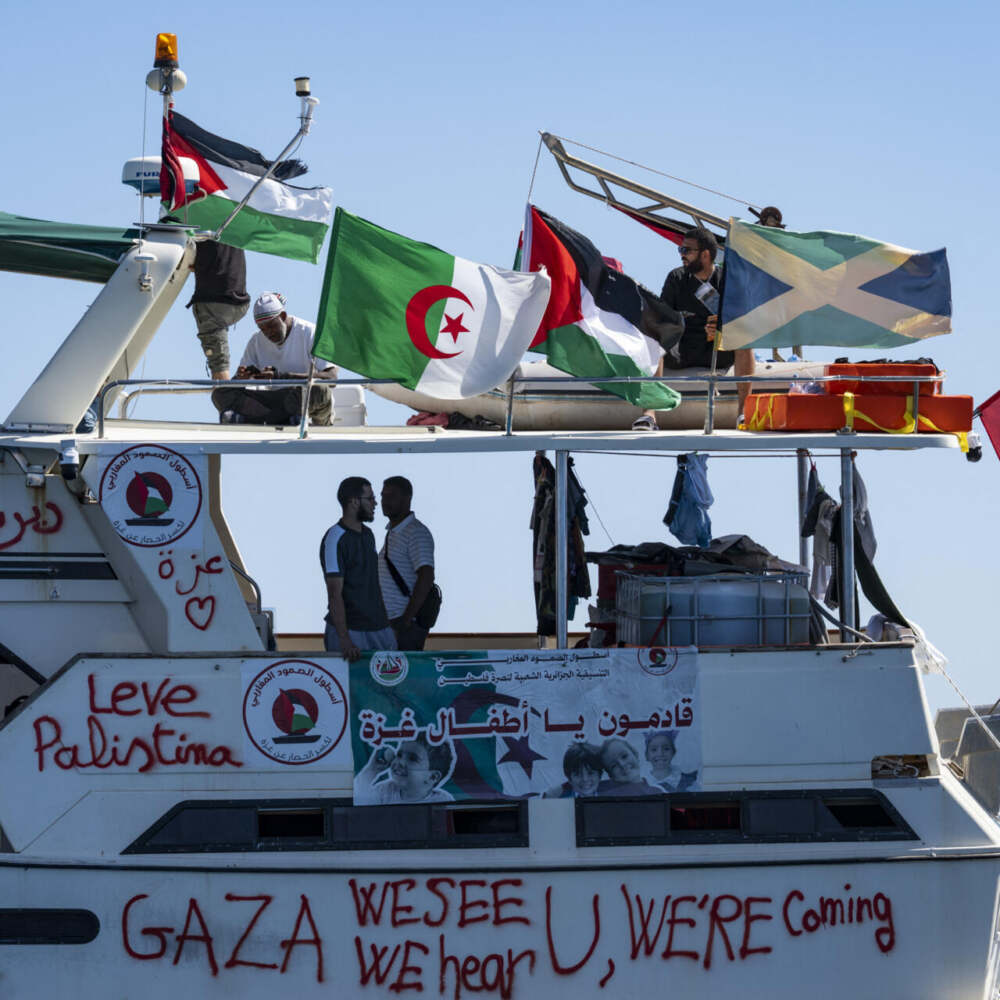
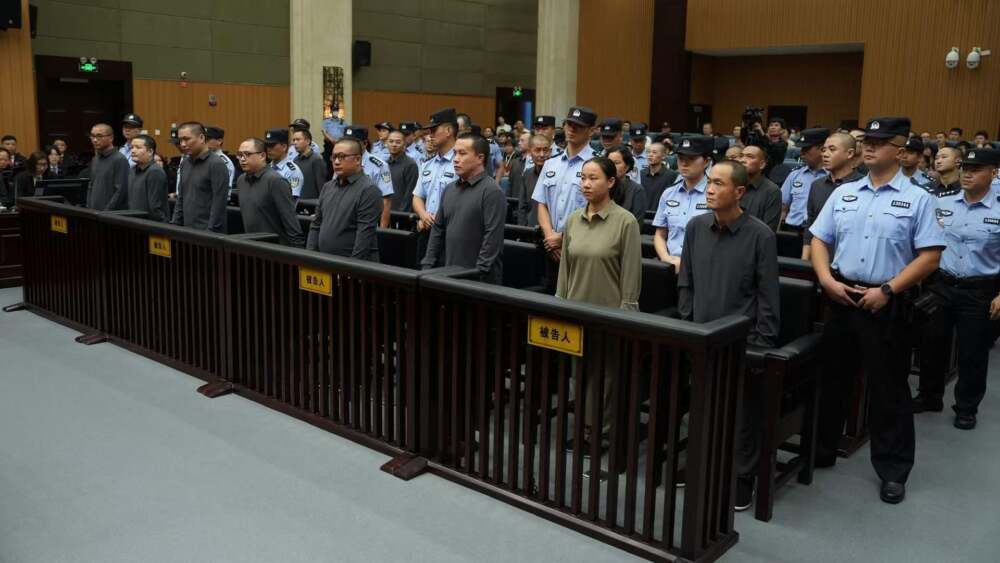

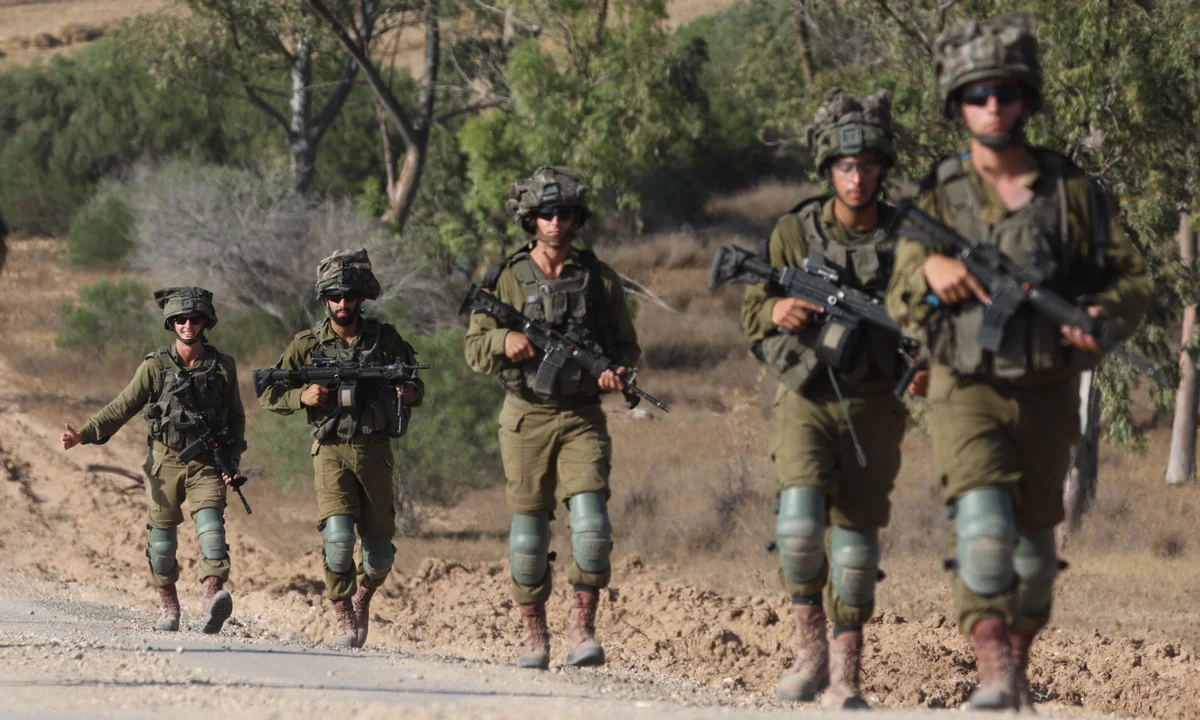
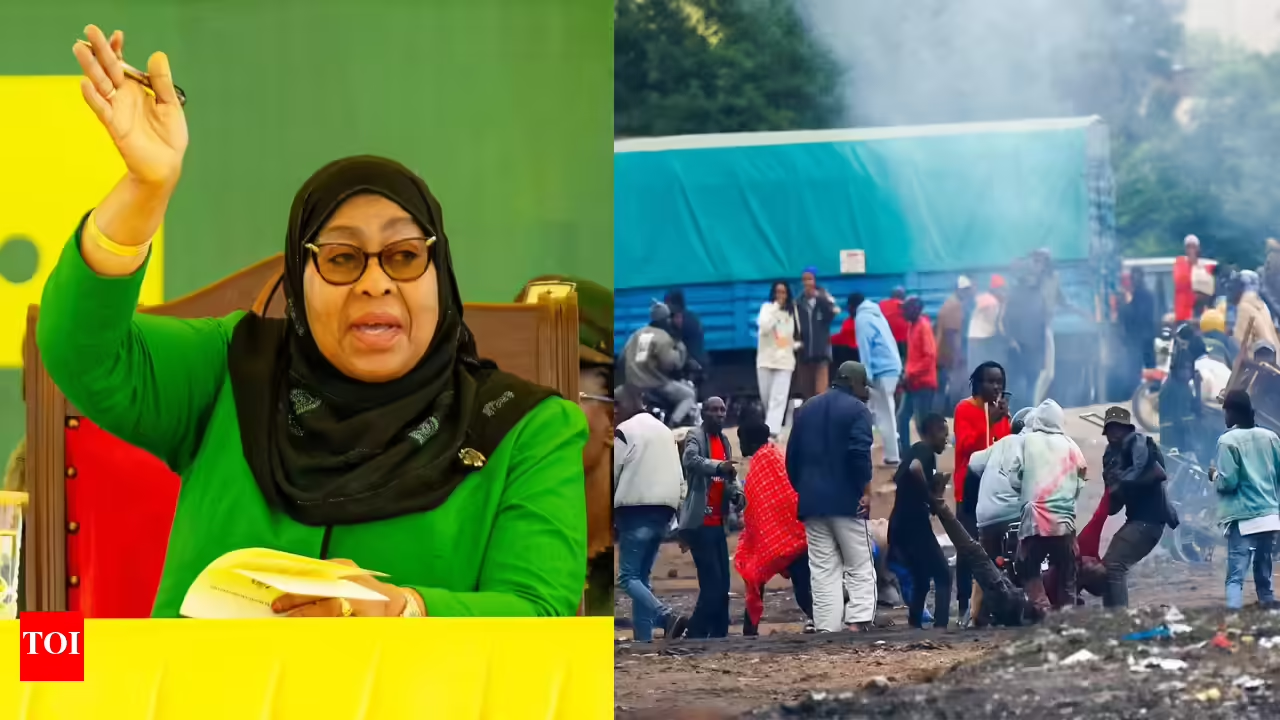

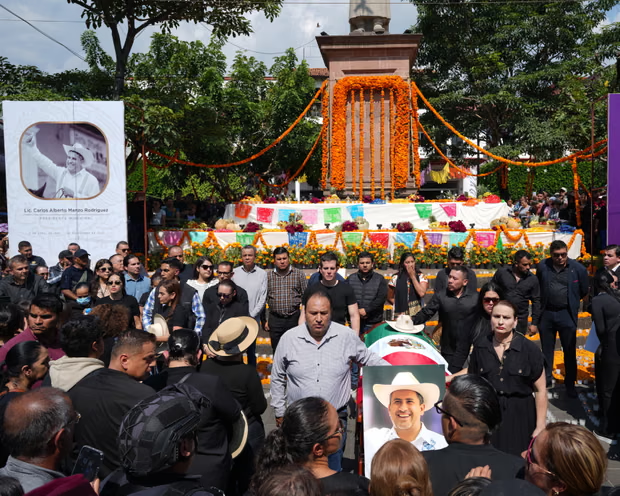


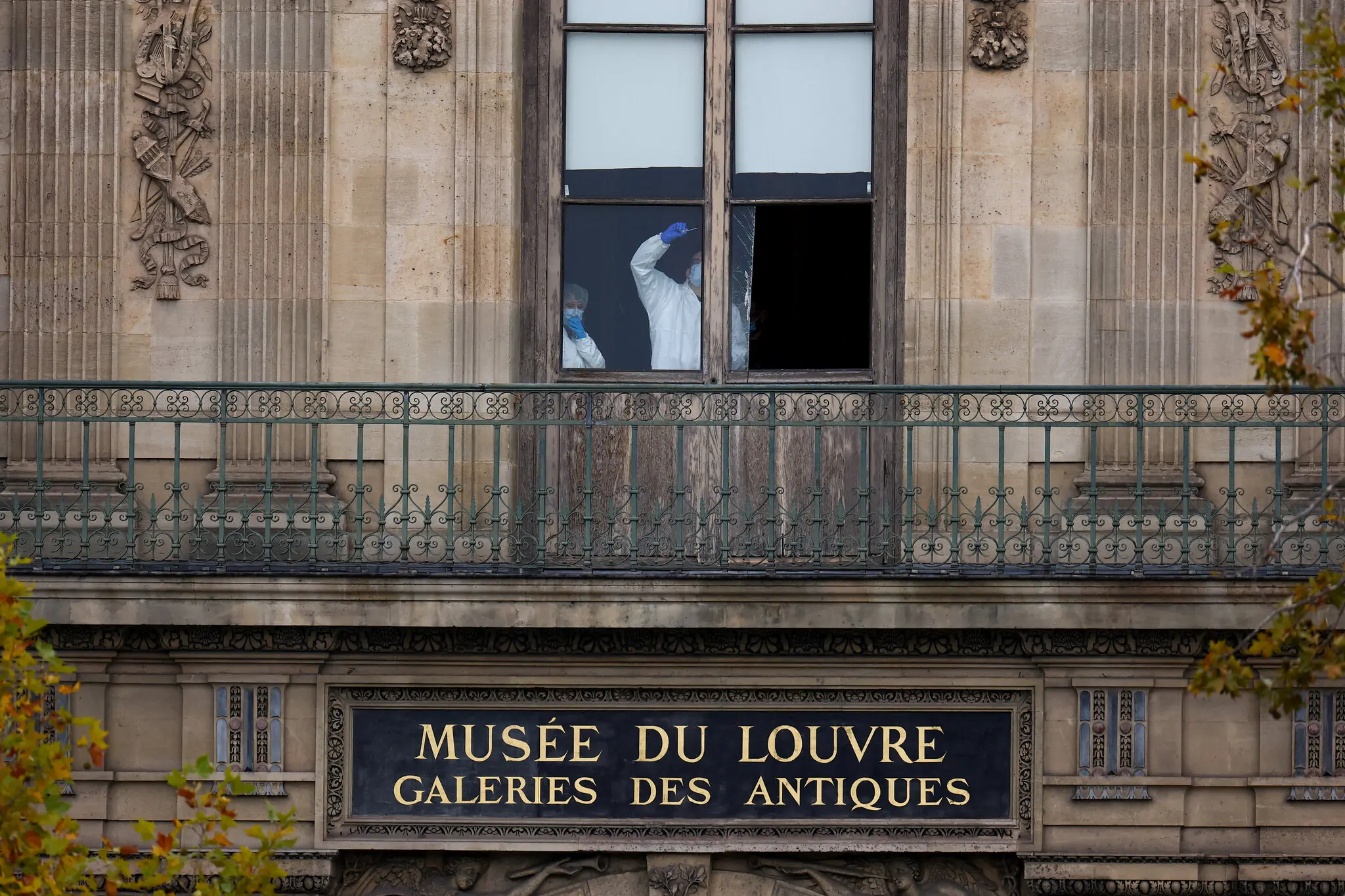




Leave a Reply